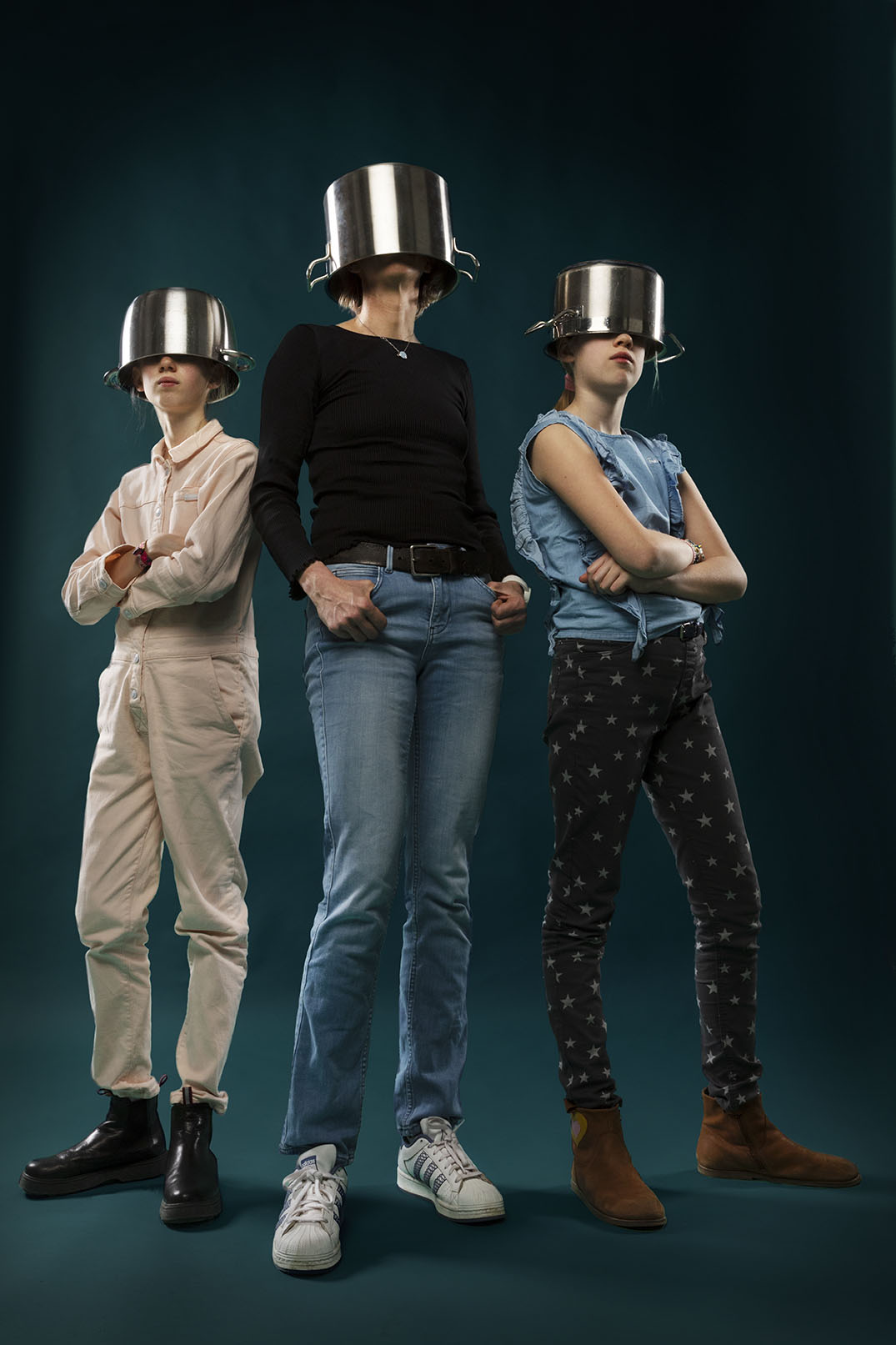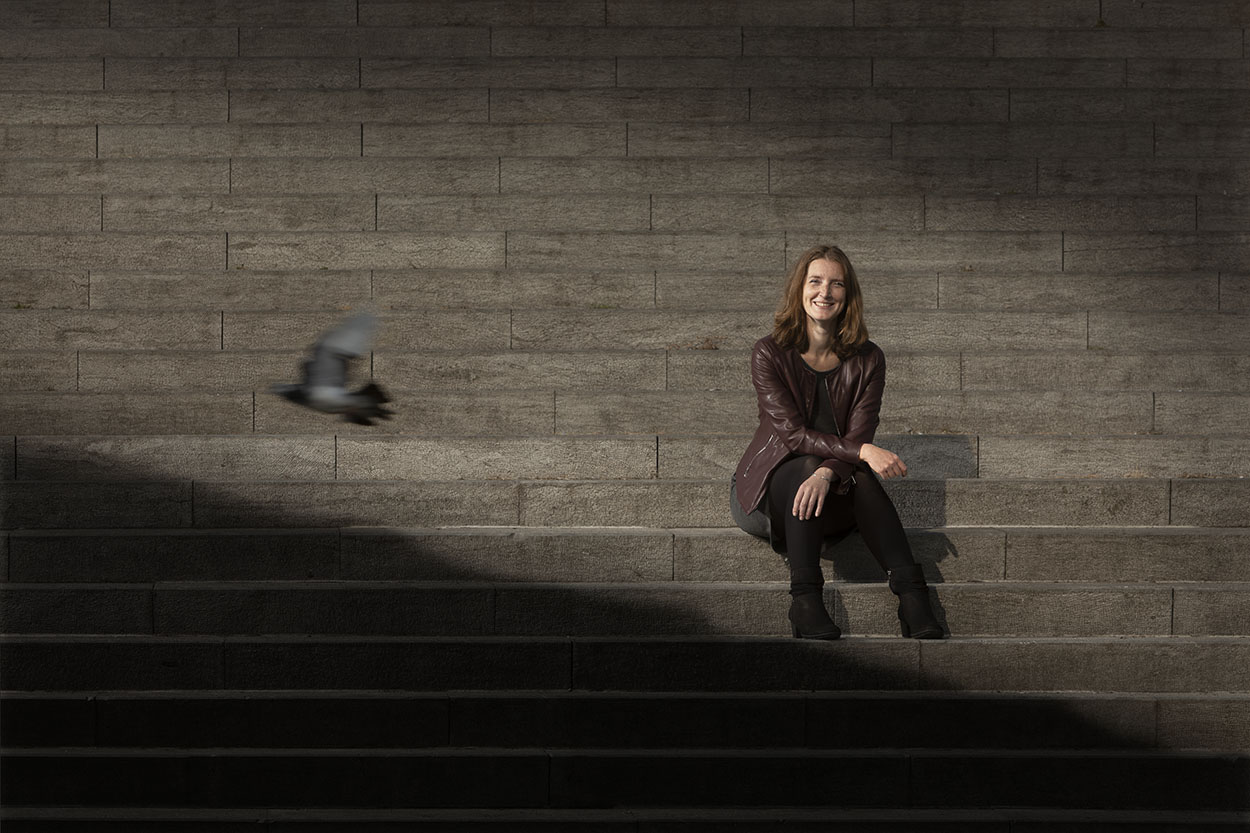“UM considers diversity extremely valuable”
Asked about her aim as the first diversity officer in the history of Maastricht University, Constance Sommerey is resolute: “To be superfluous. Diversity and inclusion are more than just buzzwords. It’s a process, one that requires constant attention, care and refinement. Diversity and inclusivity touch the very core of society and thus also the heart of the academic world. I expect to be busy for a while yet.”
Constance Sommerey and her three colleagues play a key role in promoting, monitoring and drawing attention to issues of inclusion and diversity at UM. “The academic world in general and UM in particular have traditionally been internationally oriented. In this context, it’s important to celebrate diversity. It’s not a limiting factor but a social and cultural enrichment. Diversity doesn’t take anything away from us. Instead it enhances our world, our experiences.”
Search
As a child, Sommerey wanted exactly that: to go out into the world. At the age of 15 she spent a year in Atlanta. “That was a special, life-defining experience. I stayed with a family whose ideas were a million miles from mine, and yet the family was nothing but warm and welcoming. That ambivalence was at once confusing and formative.”
In recent years, the issues of inclusivity and diversity have been in the spotlight. Movements such as Black Lives Matter and #MeToo have reached a large part of the world’s population. Debates surrounding colonialism, racism and gender inequality also touch a nerve. “We live in a global village. When a Black man is killed by a police officer on a street in America it immediately goes viral. Here at UM, with 20,000 students and 5,000 employees, there are issues related to diversity on a daily basis. When I started in 2018, I immediately started collecting stories within the university. It was a form of anthropological field research. I wanted to know first-hand what was going on at UM. That opened my eyes.”
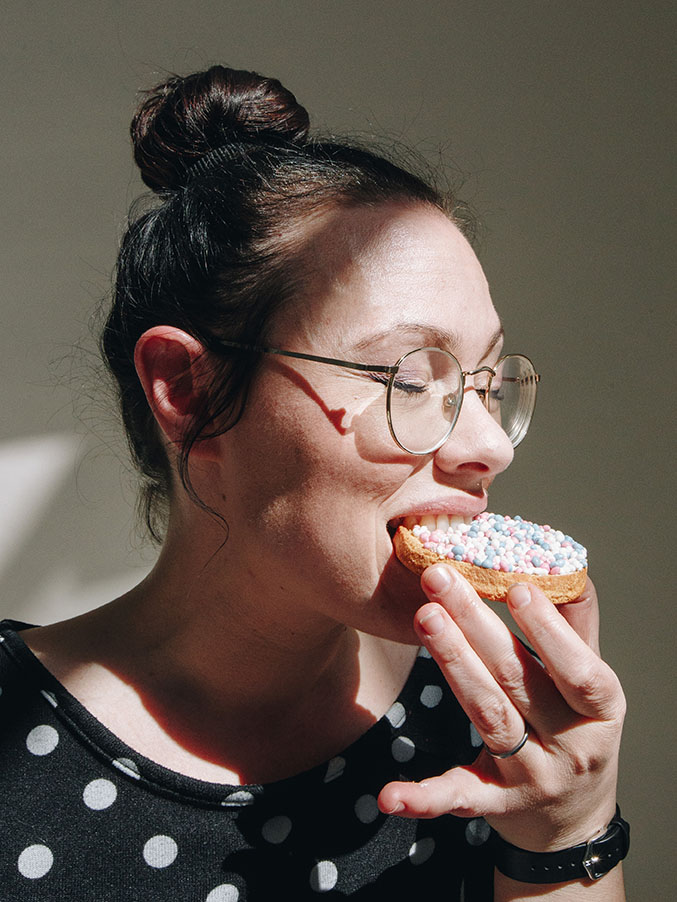
Constance Sommerey is UM’s first diversity officer. She obtained her PhD in 2015. Now a lecturer at the Faculty of Arts and Social Sciences, she integrates issues of diversity and inclusivity into her teaching.
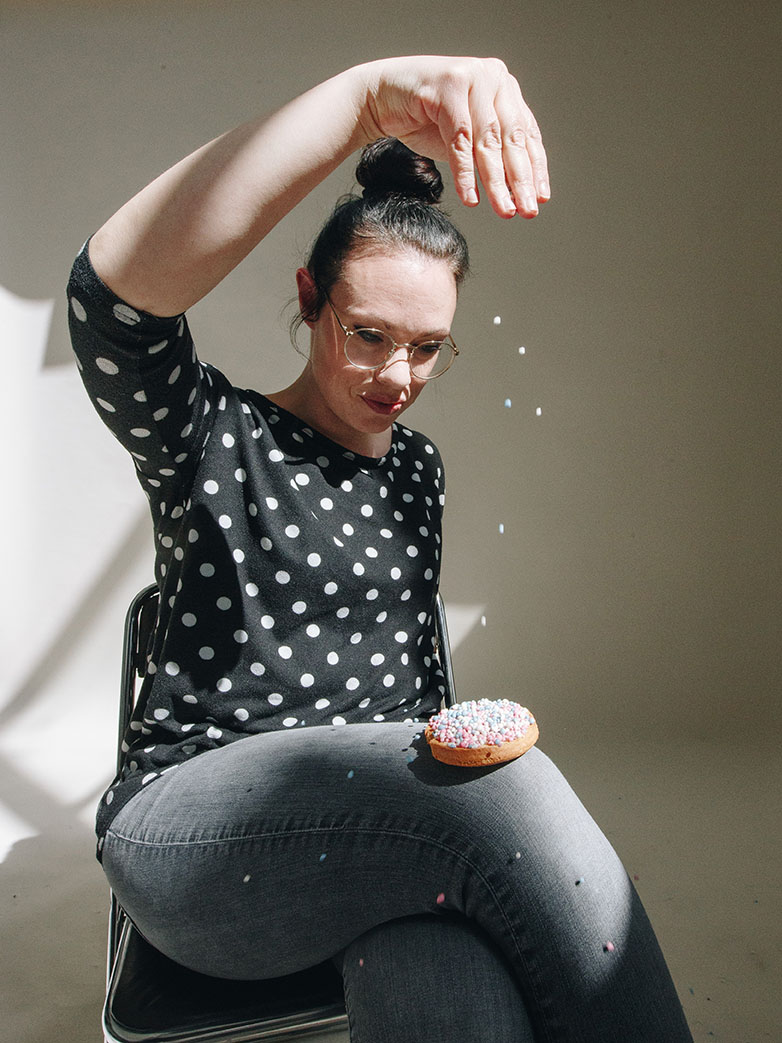
At home
“It didn’t take long for me to realise that diversity is a crucial theme at UM. Issues surrounding racism, tolerance, discrimination, sexual harassment and bullying were being recorded and inventoried. We also dealt with issues related to parental leave, work–life balance and family-friendliness—themes that we’ve put on the agenda and approached from various angles. We want everyone here to feel safe and at home, and to have the same opportunities to work and study at UM based on their own abilities and talents. It goes beyond theory, of course; we also apply those themes in practice. Our gender-neutral toilets are a good example of a concrete measure. People are becoming more aware of our existence. We’re currently involved in some 30 projects. We’re like a spider in the web.”
No quick fix
Sommerey knows that dealing with issues related to diversity requires patience. “Of course, not everybody is happy with our work. Change is not always greeted with applause. Often it’s simply about learning to take one another’s feelings into account and our right to reflect on others’ feelings. In today’s world, complex as it is, this is something we have to work at constantly. And UM takes this very seriously, given our increasingly international future. It’d be great if my job were redundant in five years. Honestly though? I don’t expect so.”
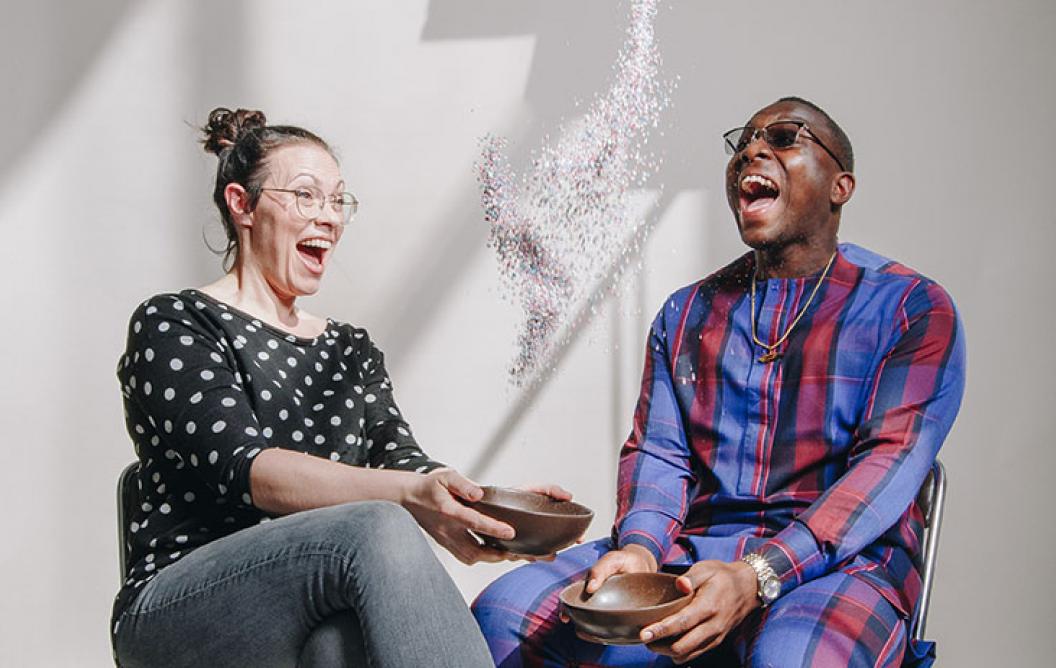
Hillmann Batuo finds his niche in Maastricht
Hillmann Batuo, a fourth-year medical student from Cameroon, is a colourful personality. A man with a story. With a highly developed sense of equality and diversity, as well as a keen sense of humour. And with a mission in life: helping people.
He grew up with his eleven siblings in the shadow of the second highest mountain in Africa, Mount Cameroon (also known as Mount Fako). After high school he moved to the Netherlands to study medicine. “The first time I set foot in the lecture hall was a moment I’ll never forget. It was a dream come true. I felt proud.” But integrating here was not easy. For the first six months he lived in Berg en Terblijt, and found it hard to make friends. “In those early days I was quite lonely. I’ve always been sociable and suddenly I couldn’t connect with anyone. It was also alienating to find that people here didn’t understand my jokes. It was difficult to be myself. In Cameroon interaction is less regulated, more spontaneous. You just drop in on people without planning it. Here you always have to make arrangements in advance.
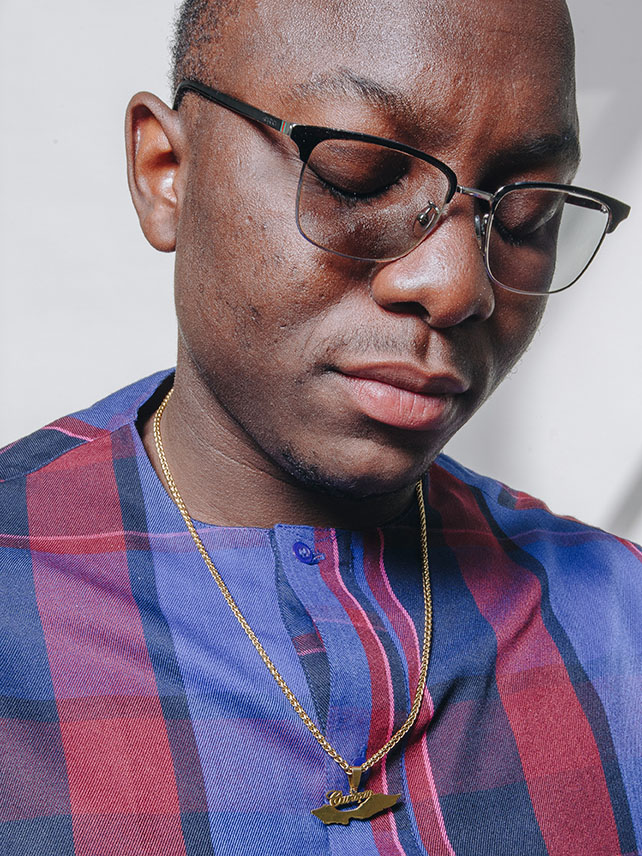
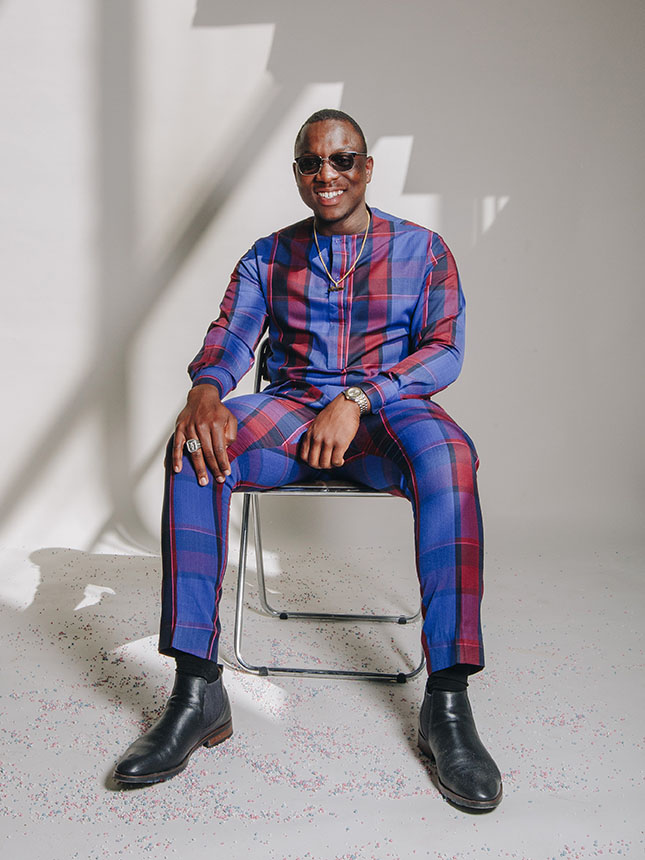
“I now have a nice girlfriend—Audessa from Curaçao, she’s studying psychology—and I’ve found my feet. Fortunately, I’ve never experienced blatant racism. People do give me looks, which is something I’ve had to learn to deal with. Having a sense of humour and putting things into perspective are always good weapons. But that’s not to say you should just laugh everything off. It’s important to say what’s on your mind, especially when it comes to diversity or racism.” These days he has his own YouTube channel and podcast, where he discusses the issues he has had to deal with in Maastricht and the hurdles he overcame. “It’s important to me to share my experiences. They can be of use and ensure that social interaction goes more smoothly next time.”
Connection
Whatever Batuo does, he does with conviction. He is now president of ACMUS, the university’s association for students of African or Caribbean descent. “Creating mutual understanding is essential. And in this predominantly white city, it’s good for Black students to have a safe space where they can talk about their struggles and feel heard. But having fun is important too—it’s a place where we celebrate diversity.”
Batuo is also involved in a task force to diversify the medical curriculum. The medical world is still dominated by ‘the white gaze’. “Almost everything is based on the classic white male patient. Sometimes this can lead to absurd situations; for example, skin disorders can look very different on a Black person than a white one. Diversity is not a theory. The world is changing. Things are no longer black or white, but multicoloured. That’s something we have to learn to live with in practice. It’s a challenge—but a fantastic one, one that pays off. I’ll continue to dedicate myself to this.”
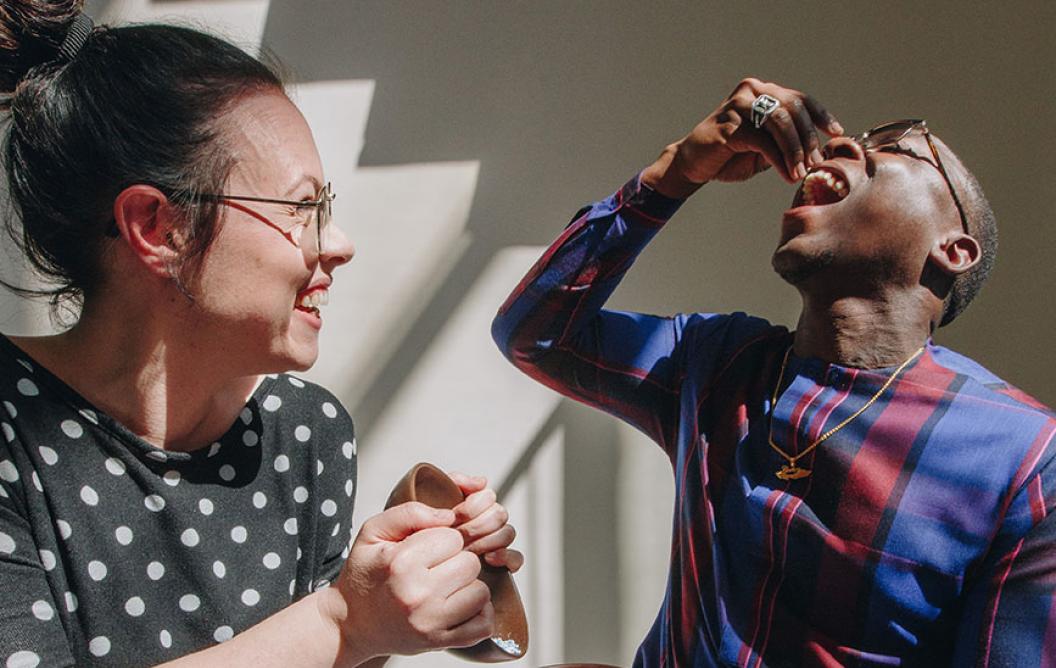
Also read
-
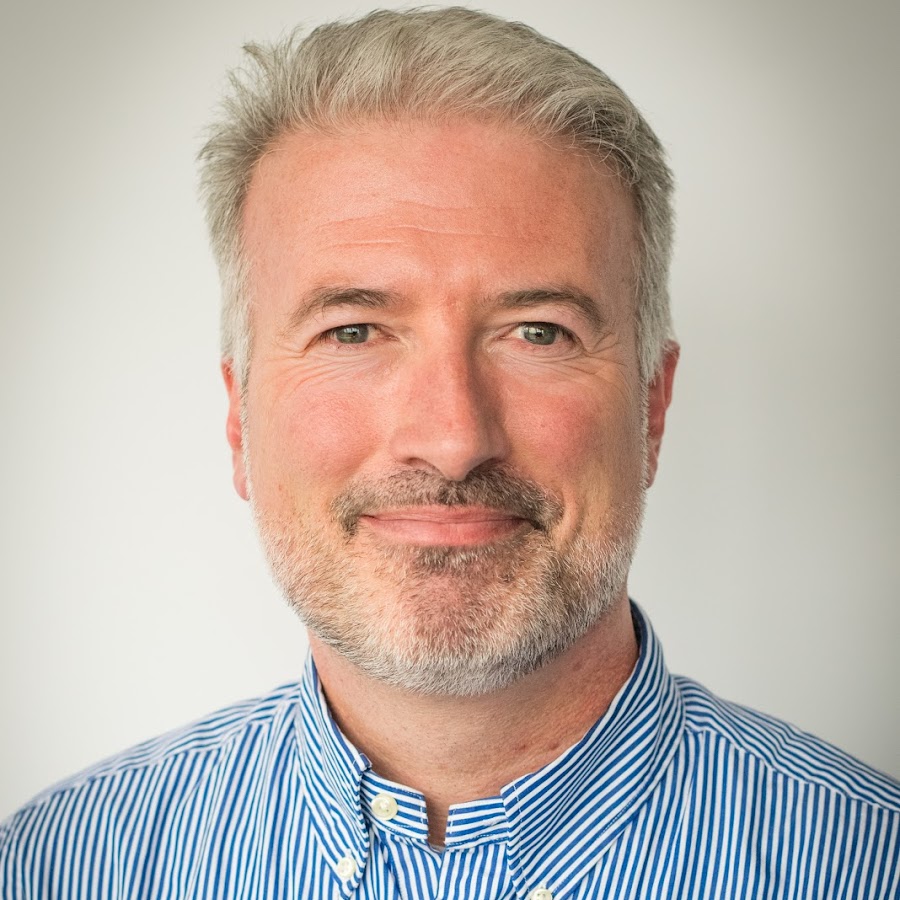
Frederik Claasen, the head of policy at our partner organisation Solidaridad Network on the opportunities and obstacles facing smallholder farmers in their data ecosystems.
-
Anne Roefs was awarded a Vici grant of €1.5 million. The professor of Psychology and Neuroscience of Abnormal Eating, was tossing up between a career as a scientist or a top chef.
-
Sexual harassment in public is becoming a punishable offence. It’s a good idea, says Suzan van der Aa, professor of Criminal Law and Criminal Procedure, but one that doesn’t go far enough. “Sexual harassment in the workplace is common too, and usually has a greater impact on the victims.”
- in Corporate
- in Featured
- in Human interest
- in Researchers
- in Students
